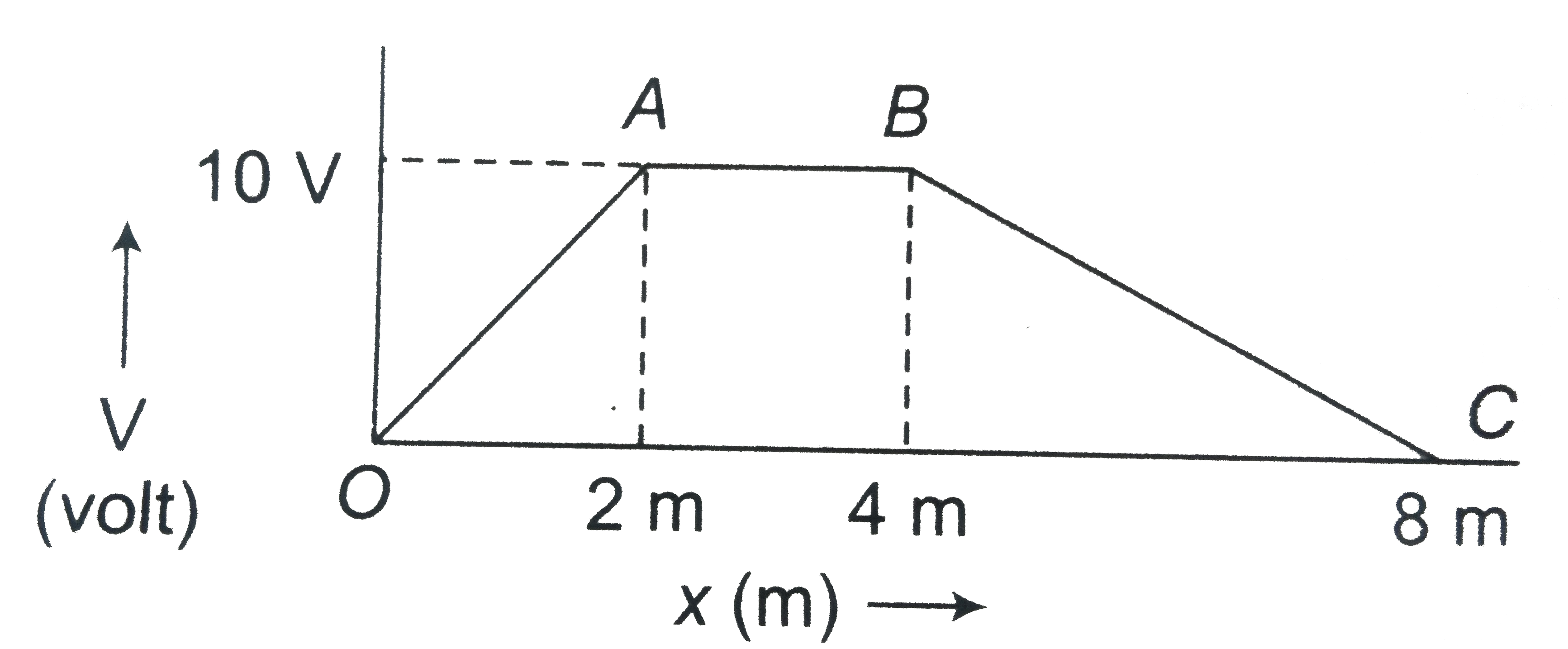In case of linearly polarized light, the magnitude of the electric field vector:
A
is parallel to the direction of propagation
B
does not change with time
C
increases and decreases linearly with time
D
varies periodically with time
Text Solution
The correct Answer is:D
|
Updated on:21/07/2023
Related Playlists
- BOOK - AAKASH SERIESCHAPTER - WAVES OPTICSEXERCISE - EXERCISE -IA (SATEMENT TYPE QUESTIONS)12videos
WAVES OPTICS
- BOOK - AAKASH SERIESCHAPTER - WAVES OPTICSEXERCISE - EXERCISE -IA (MORE THAN ONE OPTION)15videos
WAVES OPTICS
- BOOK - AAKASH SERIESCHAPTER - WAVES OPTICSEXERCISE - EXERCISE -IA (DIFFRACTION)35videos
WAVES OPTICS
- BOOK - AAKASH SERIESCHAPTER - WAVESEXERCISE - EXERCISE-III (Doppler effect :)15videos
WAVES
Similar Practice Problems
- Question 1 - Select One
In case of linearly polarised light, the magnitude of the electric field vector
Ais parallel to the direction of propagationBdoes not change with timeCincreases linearly with timeDvaries perodically with time - Question 1 - Select One
In case of linearly polarised light, the magnitude of the electric field vector
Adoes not change with timeBvaries periodically with timeCincreases and decreases linearly with timeDis parallel to the direction of propagation - Question 1 - Select One
For linearly polarized light the plane of polarization is
APerpendicular to both the direction of polarization and the direction of propagationBPerpendicular to the direction of polarization and parallel to the direction of propagationCParallel to the direction of polarization and perpendicualar to the direction of propagationDParallel to both the direction of polarization and the direction of propagation - Question 1 - Select One
Unpolarised light consists of electric field vectors in
Aany one planeBplane of paperCperpendicular to plane of paperDall posible planes - Question 1 - Select One
A : In an EM wave the magnitude of the electric field vector is more than the magnitude of the magnetic field vector.
R : Energy of the EM wave is shared equally between the electric and magnetic fields.AIf both Assertion & Reason are true and the reason is the correct explanation of the assertion, then mark (1)BIf both Assertion & Reason are true but the reason is not the correct explanation of the assertion, then mark (2)CIf assertion is true statement but Reason is false, then mark (3)DIf both Assertion and Reason are false statements, then mark (4) - Question 1 - Select One
In the following graph , the magnitude of maximum electric field is
 A5V/mB2.5V/mC1.25V/mD10V/m
A5V/mB2.5V/mC1.25V/mD10V/m - Question 1 - Select One
Assertion: If we see along the axis of a chaged ring, the magnitudeof electric field is minimum at centre and magnitude of electridc potential is maximum.
Reason: Electric field is a vector quantity while electric potential is scalar.AIf both Assertion and Reason are true but Reason is the correct explanation of Assertion.BIf both Assertion and Reason are true but Reason is not the correct explanation of Assertion.CIf Assertion is true, but the Reason is false.DIf Assertion is false but the Reason is true.
Similar Questions
A : In an EM wave the magnitude of the electric field vector is more than the magnitude of the magnetic field vector.
R : Energy of the EM wave is shared equally between the electric and magnetic fields.View SolutionConsider the following two statements regarding a linearly polarized plane electromagnetic wave
1. the electric field and the magnetic field have equal average values
2. the electric energy and magnetic energy have equal averge valuesView SolutionDefine the them 'Linearly polarized light'.
View Solution

